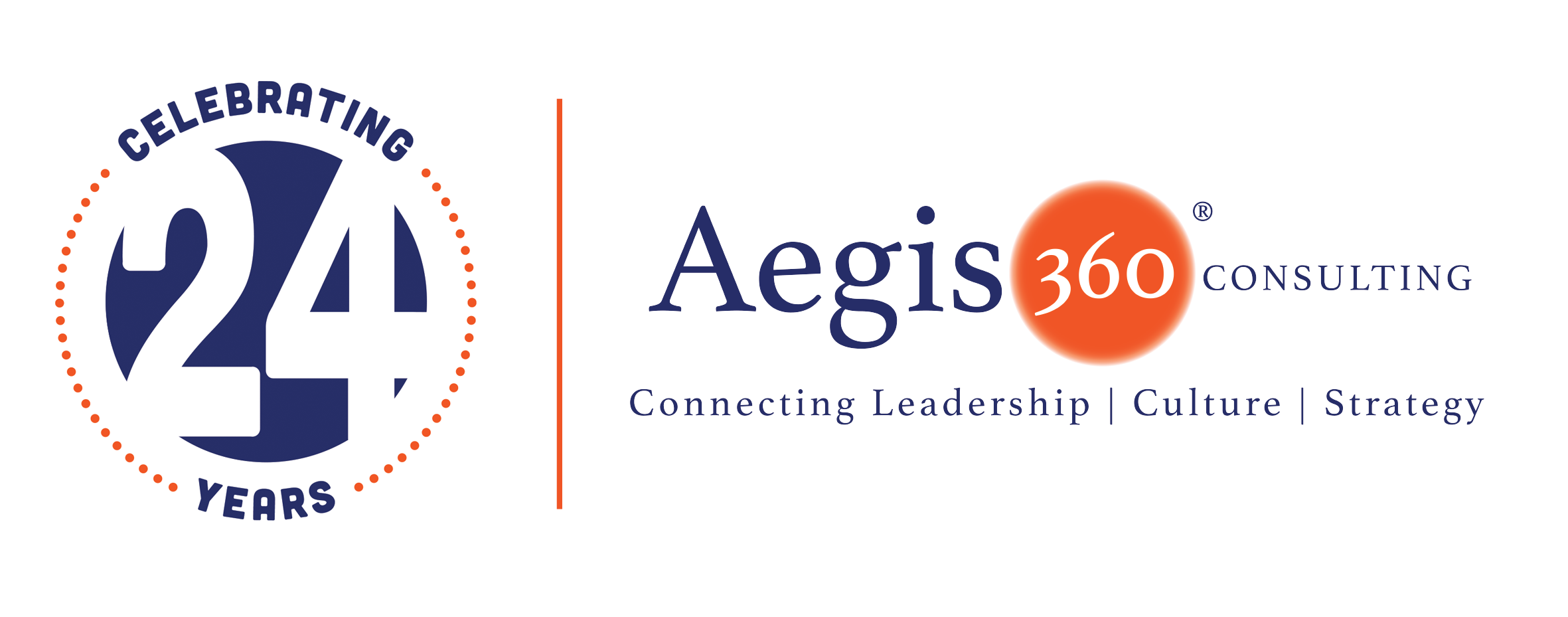 This week’s article continues on the topic of interviewing. Katherine Burik, discusses the process of putting together an interview strategy.
This week’s article continues on the topic of interviewing. Katherine Burik, discusses the process of putting together an interview strategy.
A good job interview is more than asking questions
You posted the job. You have resumes. Three candidates arrive on Monday. You are all set!!
If only it was that easy. You are missing a crucial step.
What is your interview strategy? Without an interview strategy, how will you know what to do or say during the interviews? You have some work to do.
Do a little planning before the interviews to ensure the interview yields useful results.
Start with your job interview goal. Your ultimate objective in any interview is to find the ideal candidate who can achieve the critical outcome. There is always a critical outcome, a wonderful outcome that happens when the right person is in the job. Be clear about that outcome and everything else falls into place.
What impression do you want to give? Every organization is different. We call that your “Employer Value Proposition.” Be sure candidates can see what makes your organization different. You can be sure they will be looking for this information so be deliberate about sharing what makes your organization different from others.
Who else should be involved? Will you be the only person interviewing or will other people be involved? Arrange to have the candidates interview all the appropriate people on the same day. Make sure all the people who need to be involved in the decision have the interview time blocked on their schedule. Schedule changes and delays during interviews leave a bad impression.
What do you want to learn about the candidates? Everyone has the 30 FAQ job interview questions, including candidates. But what do you really learn from those questions really? Ask different questions related to what is required to be successful in the job.
What are the important competencies needed to accomplish the key tasks? Think this through in advance. Create open-ended questions that solicit stories about past experiences. Share your questions with everyone who will be interviewing, so everyone is on the same page.
What will you do with the information you learn? Schedule a time to meet with all your interviewers to compare notes about you heard. Better yet, schedule that debrief at the same time you schedule the interview. That way you know the time is available.
When will you make a decision? Don’t drag this out forever. It is just rude. Know when you want to make a decision then stick to your timetable.
Interviews are one phase of the job search process. Time is valuable. Make the best use of your time with a job interview strategic plan to learn what you need to learn during the interview.
